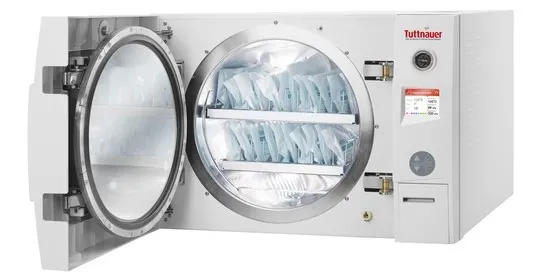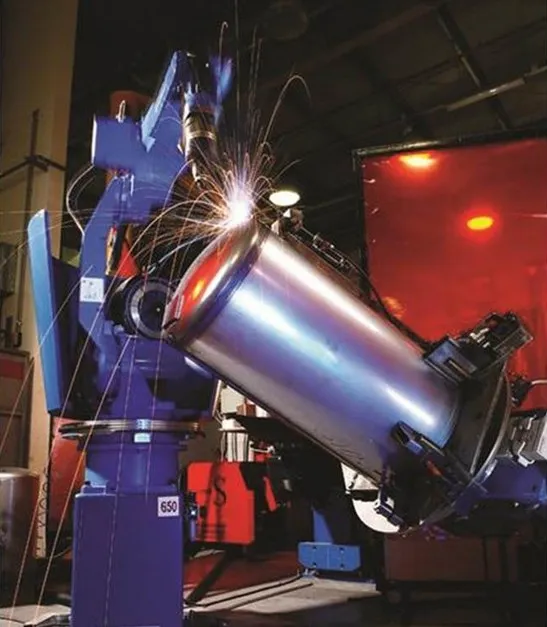An autoclave chamber must be certified by the American Society of Mechanical Engineering (ASME) as compliant with its Boiler and Pressure Vessel Code (B&PVC) (or with PED – the Pressure Equipment Directive – if in Europe) and therefore safe. ASME certification is costly, complex, and time-consuming. So when an autoclave dealer says he’s in the process of obtaining a certificate, be patient and take into account that it can take six months or more.
Pressure Vessels Can Be Lethal
The B&PVC’s main object is to ensure the safety of the autoclave chamber. ASME has an outstanding safety record regarding pressure-containing components manufactured in accordance with the code.
Unfortunately the need for codes and regulations is best demonstrated by tragic stories of what happens when a pressure vessels fails.
ASME: Standing the Test of Time
In use for almost 100 years, the ASME Boiler and Pressure Vessel Code is one of the oldest mechanical codes. Adopted by law in the U.S., Canada, and many other countries across the world, it is arguably the most commonly used pressure vessel and boiler code today.
Strict Measures
The video above demonstrates why strict measures are needed. The Boiler and Pressure Vessel Code uniquely ensure the safety of pressure-retaining structures. Over the years, ASME has developed a well-defined method of accreditation, monitoring, and inspection by three different bodies: ASME, the National Board of Boiler and Pressure Vessel Inspectors (NB), and Authorized Inspection Agencies (see below). This rigorous system makes B&PVC one of the most regulated engineering codes.
Tuttnauer and ASME
Tuttnauer is authorized by ASME to manufacture U- and S-stamped pressure vessels and power boilers, including autoclaves and steam generators. Furthermore, Tuttnauer’s autoclaves are authorized by and registered with the National Board (NB).
For over twenty years, Tuttnauer has produced thousands of autoclaves certified and stamped in accordance with the ASME Boiler and Pressure Vessel Code. The code covers all aspects of manufacturing operations regarding pressure-retaining items, including design, materials, welding, inspection, and testing. In accordance with the code, each pressure chamber is monitored, including inspection, testing, and tracing of all manufacturing activities.

Autoclave Chamber Manufacturing
- ASME, which authorizes Tuttnauer to manufacture pressure vessels and power boilers and certifies the finished products.
- The National Board, which commissions the Authorized Inspector and authorizes registration of autoclaves and steam generators in the NB archive.
- AI – an Authorized Inspector, employed by an Authorized Inspection Agency (AIA), who conducts third-party inspections and monitoring and is present during crucial manufacturing stages of each unit.
- In-House QC – Certified employees of Tuttnauer ensure that each application of the ASME seal accords with the B&PVC. Tuttnauer’s Quality Control Department is autonomous and has the authority and organizational freedom to verify that B&PVC requirements are met.

PED - ASME´s European Sister
PED, the European equivalent of the ASME Boiler and Pressure Vessel Code, aims to remove trade barriers regarding the supply of pressure equipment throughout Europe. The PED is based on Essential Safety Requirements (ESRs) that govern design, manufacturing, inspection, and testing. Tuttnauer is both PED- and ASME-certified.
Bottom Line: Make Sure Your Autoclave Chamber Is ASME-Certified
These four entities – ASME, the National Board, AI, and In-House QC – constitute the backbone of the Boiler and Pressure Vessel Code’s quality and safety assurance and control system, making the production of all such equipment a unique operation.
Next we’ll tell the tale of the making of an autoclave chamber from start to finish. And for our European readers, we’ll explain MDD and go deeper into PED. Stay tuned.
